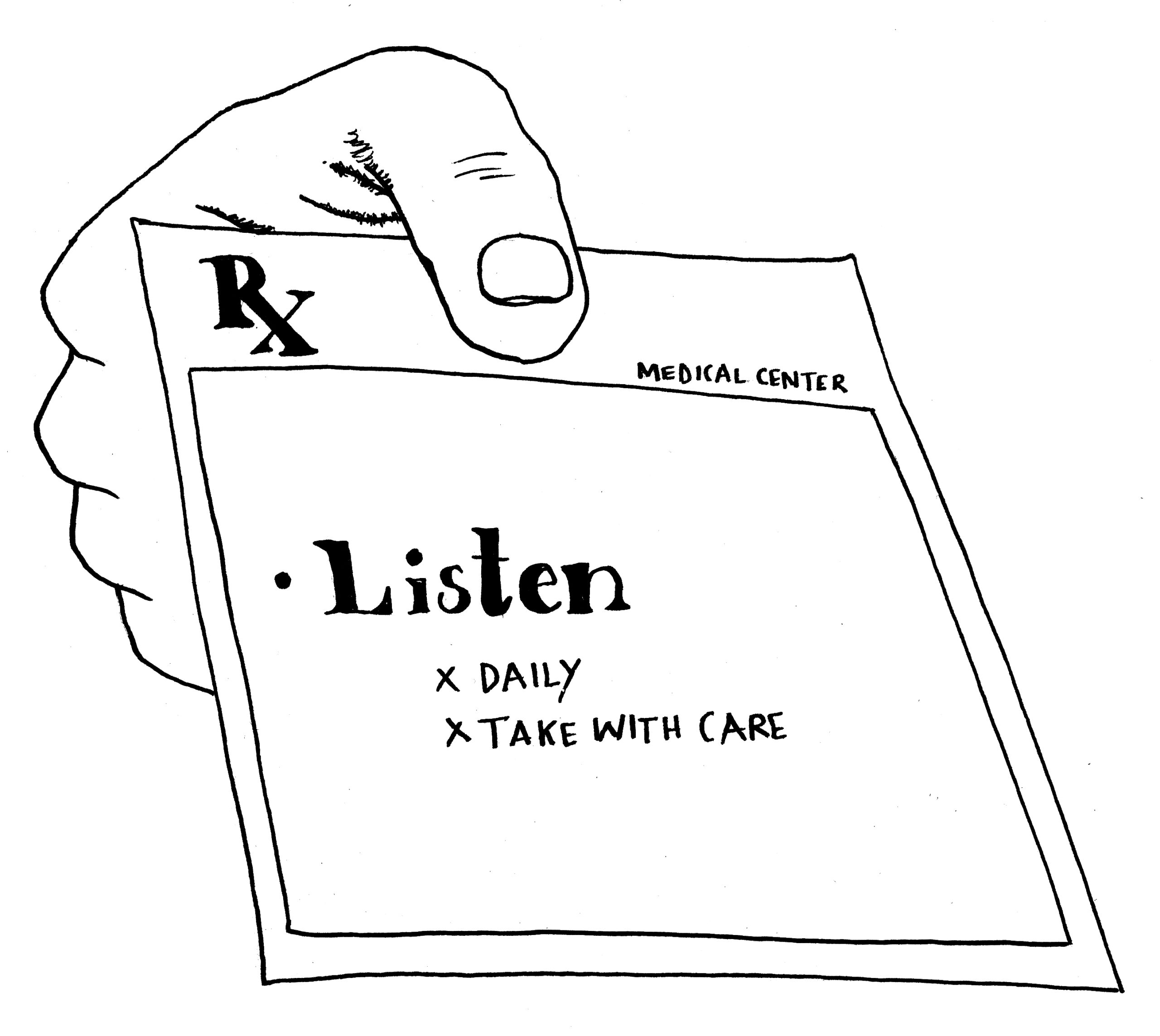Wealthy students: put aside jargon, listen in discussions of class
May 5, 2017
 This
piece represents the opinion of the author
.
This
piece represents the opinion of the author
.
Class has occupied a larger space in conversation at Bowdoin this year, or at least people want it to. Symbols and experiences of class, wealth and intergenerational mobility have been built up, broken down and disseminated to the campus through efforts from the McKeen Center for the Common Good, the Orient, Inter-Group Dialogue, The Office of Residential Life and other organizations. However, there is a disproportionate emphasis placed not on class itself, but on the action of talking about class and how we choose to engage in this matter. Although I have struggled with this digression, I recently experienced some conversations that granted me a greater appreciation of what the College is attempting to achieve with this drawn-out prologue. Below, I attempt to tease out some of my observations about these conversations by bringing in perspectives from a growing social issue in our nation: pot.
Being stoned is, in itself, situational, relative and a personal experience that most individuals experience differently. Yes, there are the quintessential stereotypes of existential thought processes, deep-throated chuckles, a greater appreciation for music and munchies, of course. However, partakers of such activities experience and frame these trips in wildly unique ways, infusing their own individuality and creativity.
The personal ownership of pot-smoking, however, has been challenged by attempts to better understand how marijuana comes to affect our bodies. There’s a growing concern that the medical field’s ability to interpret, define and label bodily experiences eliminates any chance of individual interpretation. This regimenting of the body and mind has been seen time and time again, in examples such as the arbitrary requirements needed to diagnose ADD, the medicalization and de-medicalization of homosexuality as a mental illness and now the reclaiming of weed and the high experience as a symptom of intoxication, not a unique physical phenomena.
The most recent move in this vein is the terming of amotivational syndrome: a “psychological condition associated with diminished inspiration to participate in social situations and activities” brought on by excessive marijuana use. As a historical institution, the medical field has inserted amotivational syndrome into our understanding of marijuana use and reconfigured the experience of the user and the perceptions of non-users. No more are the feelings of relaxation, seclusion, wonder, emptiness, withdrawal, independence, reflection, awe or content. There is only amotivational syndrome to explain our experiences, backed up by a doctor’s note and scientific terms we can’t pronounce.
How does this critique of current understandings of weed relate to issues of class at Bowdoin? There is a general agreement that conversations about class need to occur between students of different socioeconomic statuses, recognizing that a discussion between students of similar backgrounds serve more as a sounding board than as a move towards understanding. So, in acknowledging that wealthy students deserve and need an invitation to these conversations, we must address how students should participate and contribute to campus efforts in understanding wealth.
There are many factors that work to silence lower-class students in conversations about class. First, there is a general correlation between class and education. Although the statement cannot be made broadly, one can assert that when wealthy students participate in conversation, generally with greater vocabulary and eloquence, students that have needed to work harder, and continue to work, to achieve a similar level of language, rhetoric and/or English are silenced. Secondly, it is much easier to engage in conversations about class when your personal relationship with money and wealth is not complex, as it is for many students from lower-class backgrounds. This power dynamic is especially amplified when conversations frequently switch between theoretical and personal viewpoints, and the pace of conversation does not allow for elaboration. Lastly, engaging in conversation is inherently more difficult for students whose experiences are plagued with vulnerability, stigmatization and/or mental, physical and emotional trauma. Although these aspects may not ring true for every lower-class student, I can at least attest to their prevalence in my own experiences.
So what happens when you have more eloquent, big-worded, upperclass students dominating conversations of class on campus? It’s similar to when scientists diagnose all weed users with amotivational syndrome. You end up having wealthy students labeling, defining, interpreting and categorizing both wealthy and less wealthy class experiences. Big words learned at private high schools and internships through that family friend’s corporate network begin to control the expression, perception and experience of the lower-class. Real people with real histories are masked behind labels others put on top of them: a diagnosis without patient input.
I really want upperclass students to continue to attend and participate in conversations about class, but I moreso want these students to listen. Regardless of whether you’re driven by curiosity, guilt, shame or your friends, I urge you to show up, shut up and listen. No, this does not mean remain quiet, this means engaging in conversation, asking questions when appropriate and most importantly, allowing, absorbing and respecting the words of others. Wealthy Bowdoin students have learned to understand class through explaining, filling the voids of confusion in conversation with their own thoughts and conclusions. I encourage you to learn through listening. I encourage you to realize the power your words bring to a conversation. My high doesn’t need someone else’s labels neither do my experiences.
Ryan Herman is a member of the Class of 2017.


Comments
Before submitting a comment, please review our comment policy. Some key points from the policy: